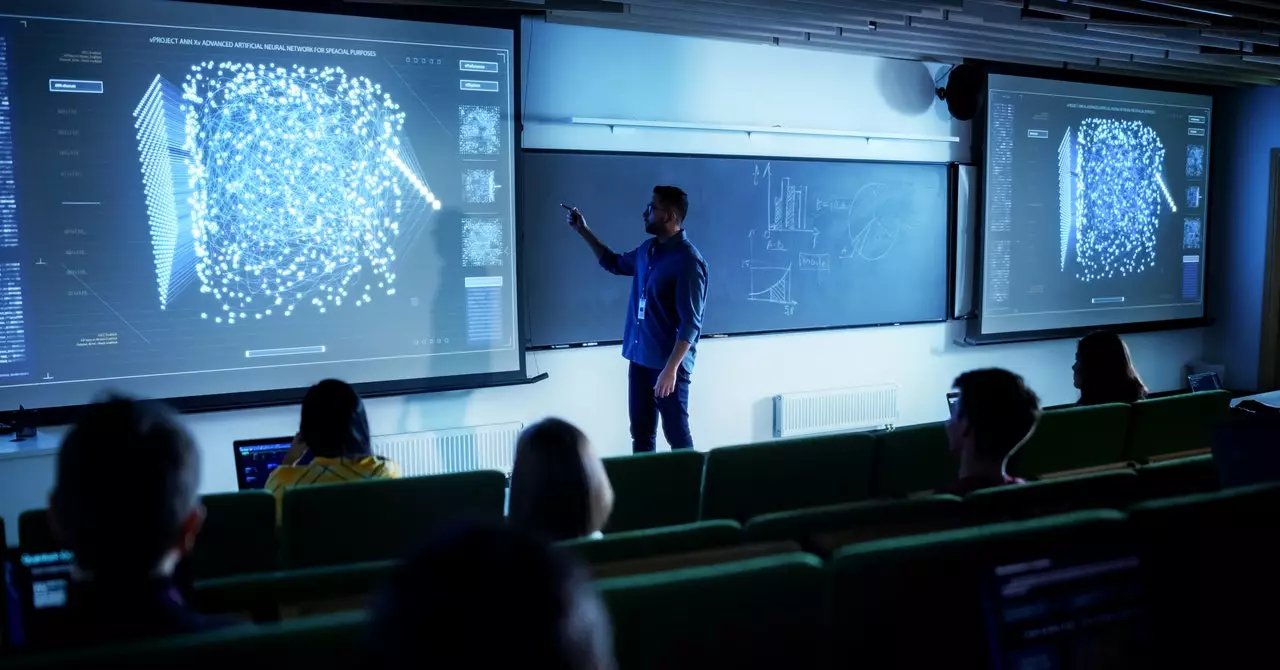In the realm of education, artificial intelligence (AI) is making its mark with platforms like Khanmigo. Rather than providing direct answers to student questions, Khanmigo adopts a Socratic approach by prompting students to think critically about finding solutions on their own. This method, advocated by experts like DiCerbo, aims to guide students step by step with hints and encouragement, ultimately helping them to become unstuck when facing cognitive challenges.
Khanmigo, along with other AI tutoring tools like those employed by Saga Education, has been instrumental in enhancing student engagement. By analyzing thousands of student-bot interactions, researchers have identified patterns of summarizing, providing hints, and encouraging students. The use of AI feedback has proven to be effective in prompting tutors to engage students more actively during tutoring sessions, thereby closing the engagement gap.
While the development of emotionally intelligent AI, capable of analyzing tone of voice and facial expressions to infer a user’s mood, shows promise, it falls short in certain aspects of student engagement. Despite the AI’s ability to simulate empathy, students inherently understand that AI lacks the genuine concern or care that human tutors provide. This fundamental disconnect may hinder the AI’s effectiveness in fostering meaningful relationships with students and motivating them to put in effort.
One of the critical questions surrounding the integration of AI in education is the impact on student ownership of learning. While AI can provide valuable feedback on student work, such as essays, the concern arises regarding whether students will take ownership of their learning or simply offload the responsibility to the AI. The study in the journal Learning and Instruction highlights the need to ensure that students remain actively engaged in their work, rather than relying solely on AI for feedback and guidance.
The rise of AI in education presents both opportunities and challenges. While AI tutoring tools like Khanmigo and Saga Education’s AI feedback have shown potential in enhancing student engagement and providing valuable support, there are limitations to be addressed. The development of emotionally intelligent AI raises questions about the authenticity of student-bot interactions and the extent to which AI can truly foster meaningful connections with students. As the field of AI in education continues to evolve, it is essential to critically evaluate its impact on student learning and ensure that students remain active participants in their educational journey.


Leave a Reply